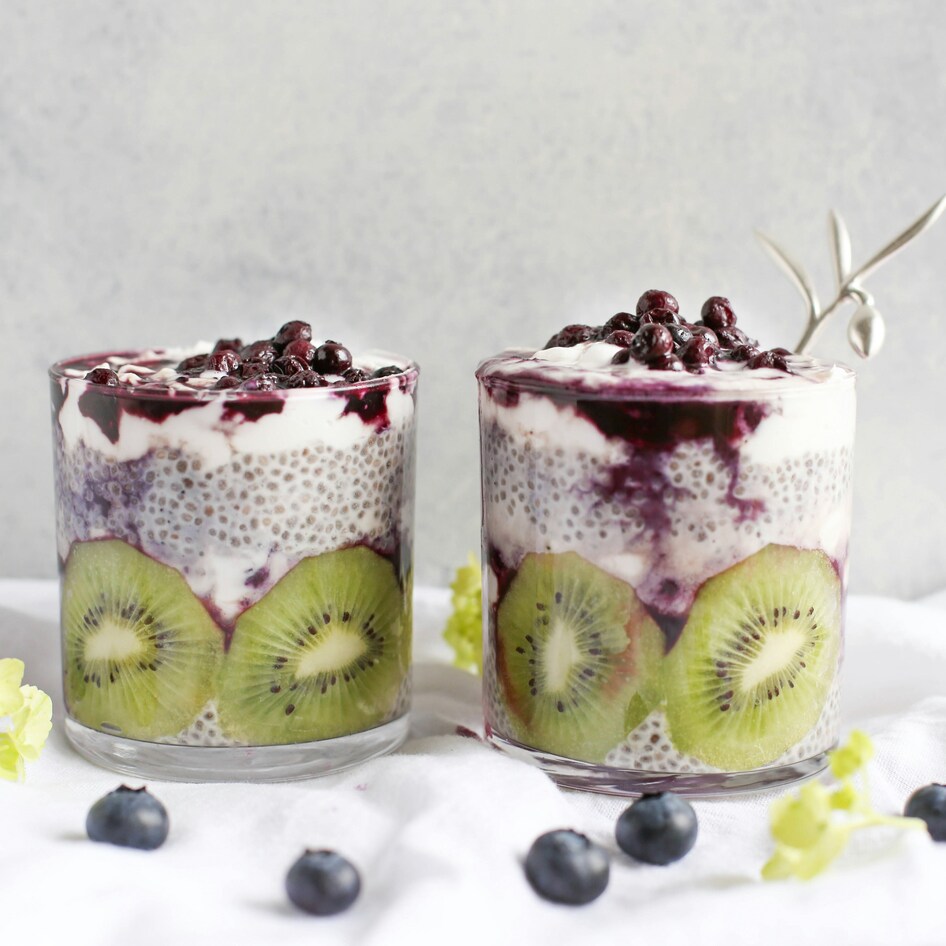For years, conventional wisdom has said that if you want to build muscle, animal-based protein is your best bet. But in recent years, scientific evidence suggests that advice might not tell the whole story.
In a study led by researchers at the University of Illinois Urbana-Champaign, scientists set out to answer three questions about diet and muscle growth: does it matter whether protein comes from plant or animal sources? Does evenly spreading protein intake across meals help with muscle building? And does eating a moderate amount of protein affect these outcomes?
The answer to all three: no.
 Adobe
Adobe
Can you build muscle on a plant-based diet?
The findings, published in the journal Medicine and Science in Sports and Exercise, challenge long-held beliefs about the superiority of animal protein for muscle growth.
“The longstanding belief or the current dogma was that animal-based protein sources were better, particularly for the muscle-building response,” said Nicholas Burd, a professor of health and kinesiology at the University of Illinois Urbana-Champaign, who led the study. “And so, our general hypothesis based on these previous studies was that the animal-based eating pattern would be more effective at supporting the muscle-building response.”
 Adobe
Adobe
That belief was based on earlier studies showing that a single animal-based meal prompted a stronger muscle-building response than a plant-based one. But Burd noted that such studies only looked at short-term responses and didn’t reflect how people eat over time. To better reflect real-life eating patterns, Burd and his team designed a nine-day trial using whole-food vegan and omnivorous diets with protein intakes around 1.1 to 1.2 grams per kilogram of body weight per day—levels Burd says are typical in the average American diet.
The study involved 40 healthy adults between the ages of 20 and 40. After a seven-day habituation diet to standardize nutritional status, participants were randomly assigned to either a vegan or omnivorous diet. All meals were provided by the research team. About 70 percent of the protein in the omnivorous diet came from sources like beef, pork, chicken, dairy, and eggs. The plant-based diet used a variety of plant foods to provide complete proteins.
Each diet group was further divided by protein distribution: one group consumed roughly equal protein at each of three meals, while the other consumed varying amounts across five meals, with more protein consumed later in the day.
Participants engaged in resistance training every three days and wore accelerometers to monitor activity levels. To track muscle protein synthesis, they consumed “heavy” water labeled with deuterium, allowing researchers to trace amino acid incorporation into muscle tissue. Muscle biopsies were taken before and after the study.
When should you eat protein for best results?
Burd was initially surprised to see that there were no differences in rates of muscle protein synthesis between those eating vegan or omnivorous diets. He was also surprised to see that protein distribution across the day had no effect on the rate of muscle building, given results from past studies of acute responses to dietary interventions and weight training.
 Getty
Getty
“It was thought that it was better to get a steady-state delivery of nutrients throughout the day,” he said. “I also thought that if you’re getting a lower quality protein—in terms of its digestibility and amino acid content—that perhaps distribution would make a difference. And surprisingly, we showed it doesn’t matter.”
When asked what kind of protein people should eat after working out, Burd now tells them: “It’s the kind you put in your mouth after exercise. As long as you’re getting sufficient high-quality protein from your food, then it really doesn’t make a difference.”
A growing body of evidence
The new study adds to a growing body of evidence showing that plant-based diets can support muscle building just as effectively as omnivorous ones, as long as total protein intake is sufficient. A 2023 study published in the Journal of Nutrition found that young adults following a high-protein vegan diet experienced similar gains in muscle size, strength, and fiber growth as those consuming an omnivorous diet during a 10-week resistance training program. Conducted by researchers at the University of Exeter and the University of Texas Medical Branch, the study found no significant differences in muscle development between the two groups when protein intake was matched.
BECOME A VEGNEWS VIP: Get exclusive product deals, freebies, and perks galore!
Similarly, a study published in Sports Medicine in 2022 concluded that men consuming a high-protein, exclusively plant-based diet with soy protein powder supplementation gained as much muscle mass and strength during weight training as those consuming an omnivorous diet with whey protein powder supplementation. The 12-week study involved 38 healthy young men participating in a supervised strength training program.
 Nutthaseth Vanchaichana
Nutthaseth Vanchaichana
“A high-protein, exclusively plant-based diet (plant-based whole foods plus soy protein isolate supplementation) is not different than a protein-matched mixed diet (mixed whole foods plus whey protein supplementation) in supporting muscle strength and mass accrual, suggesting that protein source does not affect resistance training-induced adaptations in untrained young men consuming adequate amounts of protein,” the researchers concluded.
The results of such studies challenge the assumption that animal-based protein is necessary or superior for building muscle. The message from science is consistent: if you’re strength training and getting enough high-quality protein—whether from plants or animals—your body can build muscle effectively.
For more plant-based stories like this, read:
JUMP TO ... Latest News | Recipes | Guides | Health | Subscribe









